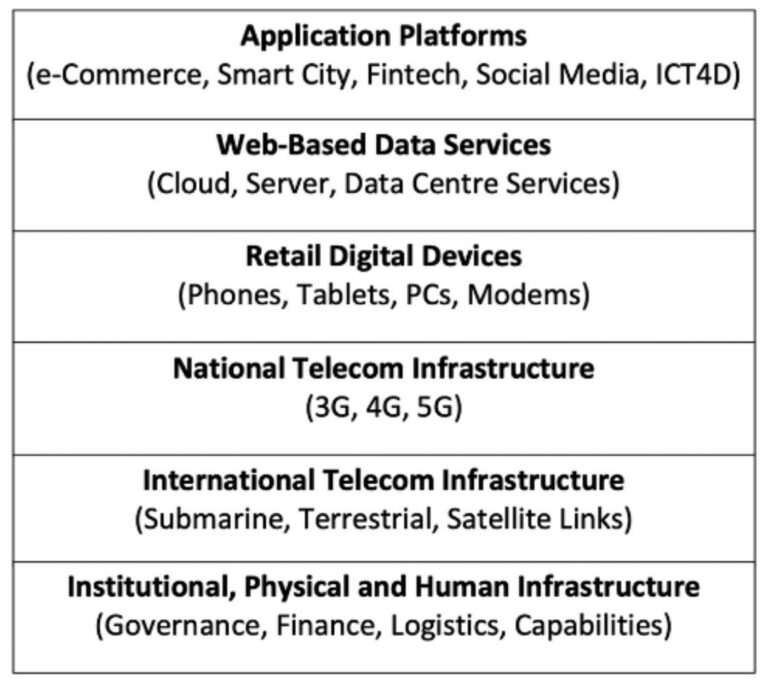Google has revealed that cyber operations linked to China have targeted diplomats across Southeast Asia, raising concerns over escalating digital espionage in the region. According to the tech giant, these sophisticated attacks aimed to infiltrate government networks and harvest sensitive information, reflecting increasing geopolitical tensions. The disclosures underscore the growing challenges faced by nations in protecting their diplomatic communications amid a rising wave of state-sponsored cyber threats.
China Linked Cyber Campaigns Focus on Southeast Asia Diplomatic Networks
Google’s latest cybersecurity report reveals that sophisticated hacking groups with suspected ties to China have increasingly targeted diplomatic networks across Southeast Asia. These campaigns employ highly advanced phishing techniques, malicious attachments, and strategically crafted emails designed to infiltrate government and international organization systems. Security experts warn that the primary objective is to extract sensitive diplomatic communications, potentially influencing regional geopolitical dynamics and gathering intelligence on policy developments.
Key findings from the investigation include:
- Utilization of custom malware capable of evading traditional detection systems.
- Targeted phishing campaigns aimed specifically at embassy staff and foreign ministry officials.
- Focus on countries with significant diplomatic engagement in the South China Sea.
- Use of compromised third-party services to distribute malicious payloads.
| Target Country | Attack Vector | Reported Incidents |
|---|---|---|
| Vietnam | Phishing Emails | 15+ |
| Malaysia | Malicious Attachments | 9 |
| Philippines | Watering Hole Websites | 7 |
| Indonesia | Compromised Third-Party Tools | 5 |
Google’s Investigation Reveals Tactics and Tools Behind Espionage Operations
Google’s cybersecurity team has uncovered a sophisticated campaign linked to Chinese threat actors targeting diplomats in Southeast Asia. The investigation detailed various espionage techniques and digital tools employed to infiltrate sensitive communication channels. Attackers utilized carefully crafted phishing emails and malware designed to evade detection, aiming to exfiltrate confidential data and monitor high-profile diplomatic activities in real-time.
Key findings from Google’s probe highlight the use of advanced persistent threats (APTs) leveraging custom backdoors and credential harvesting tools. The modus operandi included:
- Impersonation of trusted contacts through hijacked email accounts
- Deployment of zero-day exploits to bypass security protocols
- Targeted watering-hole attacks on websites frequented by diplomatic staff
| Tactic | Purpose | Impact |
|---|---|---|
| Phishing with spearphishing payloads | Credential theft | Compromised access |
| Custom malware implants | Persistent surveillance | Long-term espionage |
| Watering-hole attacks | Compromise trusted resources | Wider network infiltration |
Strategies for Southeast Asian Governments to Strengthen Cybersecurity Defenses
To effectively counter the growing sophistication of cyber threats, Southeast Asian governments must adopt a multi-layered defense strategy focused on collaboration, technology enhancement, and policy reform. Establishing regional cybersecurity forums aimed at sharing real-time intelligence and threat assessments can foster stronger cooperation among countries, enabling faster response to China-linked cyber operations targeting diplomats and key infrastructures. Enhancing public-private partnerships is equally crucial, as many cyberattacks exploit vulnerabilities in private sector systems that interconnect with government networks.
Investment in advanced detection technologies such as Artificial Intelligence-driven threat analytics and continuous network monitoring can significantly reduce the window of opportunity for attackers. Alongside technological upgrades, governments should prioritize cybersecurity education and training for diplomatic staff to recognize and respond to spear-phishing and social engineering campaigns. The table below highlights key focus areas critical for reinforcing defenses across Southeast Asia:
| Focus Area | Action Points | Expected Impact |
|---|---|---|
| Regional Cooperation | Establish cross-border incident response teams | Faster containment of cyber threats |
| Technology Upgrades | Deploy AI-powered threat detection | Improved threat visibility and prevention |
| Training & Awareness | Mandate cybersecurity drills for diplomats | Reduced risk of successful social engineering |
| Policy & Regulation | Implement stringent data protection laws | Enhanced protection of sensitive diplomatic data |
Insights and Conclusions
As investigations continue, the disclosure of China-linked cyber operations targeting Southeast Asian diplomats underscores the growing challenges of cybersecurity and geopolitical tensions in the region. Governments and agencies are urged to bolster their defenses and foster greater international cooperation to address these covert threats. The unfolding situation serves as a stark reminder of the persistent risks cyber espionage poses to diplomatic relations and regional stability.




